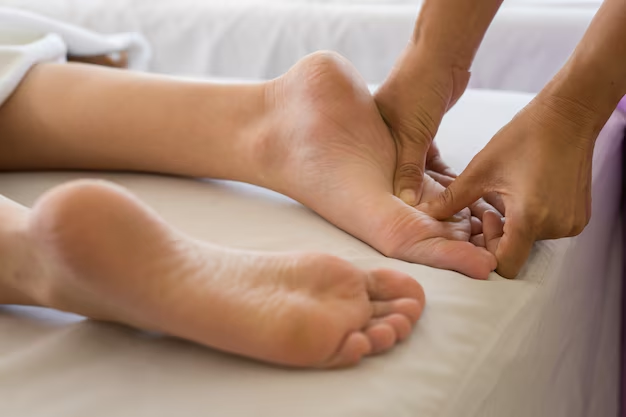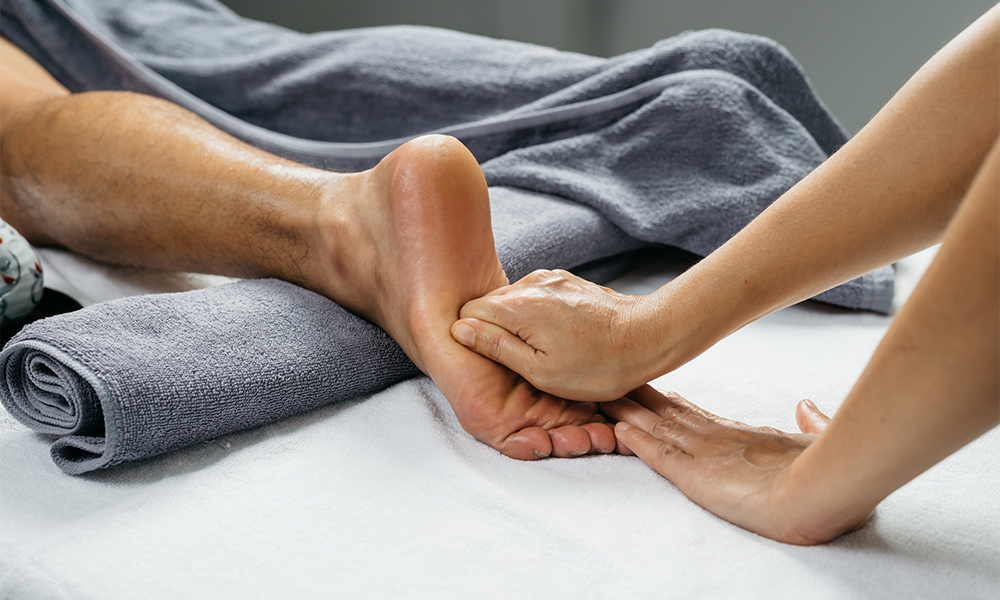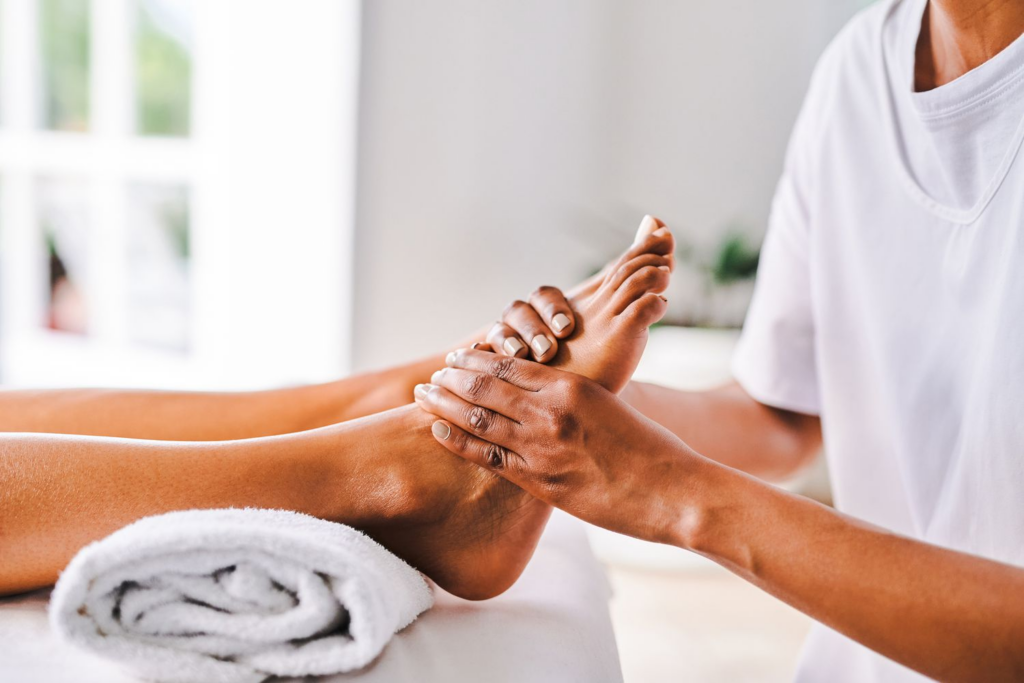
Have you ever wondered why your body’s overall health can be affected by pressure points on the feet? Reflexology takes a holistic approach to well-being by targeting different parts of the body through certain areas in our hands, feet, and ears. This is done through an ancient practice that stimulates relaxation and circulation while supporting natural healing processes in the body too. Let’s know more about reflexology so we can see what benefits it has for our health and happiness, there are actually many ways in which this might improve your life!
What is reflexology and what does it do?
Reflexology is a therapeutic practice involving the application of pressure to specific points on the feet, hands, and ears. It aims to promote relaxation, reduce stress, and enhance overall well-being by stimulating the body’s natural healing processes.
Reflexologists are of the view that these pressure points correspond to different organs and systems of the human body, and stimulating them will enhance blood flow, relieve pain, and make a person energetic.
With regular sessions of reflexology, one feels an increase in energy, sleeps better and has less anxiety. It is, hence, a sort of holistic approach that supplements other forms of therapy in their physical and mental health promotion.
How does reflexology work?
Reflexology works by applying pressure to specific areas on the feet, hands, and ears, which are believed to correspond to different body parts. This practice aims to balance the body’s energy and promote self-healing, potentially leading to improved physical and emotional health.
The underlying principle is that Reflexology stimulates the nerve endings, which send signals back to the central nervous system, releasing tension and promoting relaxation. This can help alleviate symptoms related to stress, pain, and various ailments. The practitioners design the sessions according to the needs of individuals and provide personalized care and support.

What are the benefits of reflexology?
The benefits of reflexology include stress reduction, improved circulation, enhanced relaxation, and pain relief. It may also aid in better sleep, boost energy levels, and support overall health by promoting the body’s natural healing processes and enhancing the functioning of various organ systems.
Reflexology is also used as a complementing therapy to control symptoms of arthritis, migraines, digestive disorders, and others. Improving mood, reducing anxiety, and enhancing the quality of life, with regular sessions, one is ensured of a strengthened immune system and emotional balance.
What conditions can reflexology help with?
Reflexology can help with various conditions, including stress, anxiety, chronic pain, headaches, and digestive issues. It may also assist in managing symptoms of conditions like arthritis and improve overall well-being by promoting relaxation and balance within the body.
Though reflexology cannot replace any medical treatment, it can definitely help in various conditions like sleeplessness, hormonal imbalance, poor circulation, etc., as an adjunct to medical therapy. It helps to relieve some of the symptoms of disorders, increases comfort and hastens recuperation from illness by stimulating these specific reflex points.
Is reflexology scientifically proven to work?
Reflexology has some scientific support, particularly for reducing pain and stress, but more research is needed. Studies suggest it may enhance relaxation and improve quality of life, but evidence for specific health benefits remains limited, with ongoing research to better understand its effects.
Individuals who have undergone reflexology treat it as a beneficial experience that helps in the improvement of symptoms, and improvements in body conditions are often attributed to reflexology treatment.
There is a need for clinical trials to help come to more definite conclusions on its effectiveness. Reflexology is usually practiced in conjunction with other therapies; hence, its effects are hard to determine distinctly.

How often should you have reflexology treatments?
Reflexology treatments are typically recommended weekly or bi-weekly for optimal results. Frequency depends on individual needs, goals, and conditions being treated. Regular sessions can help maintain benefits, while adjustments may be made based on progress and practitioner recommendations.
The frequency could be higher in the beginning to combat acute symptoms and then spread out as improvements are seen. Be sure not to consult just any so-called reflexologist, but a certified one who will determine a schedule best for you to effectively bring about your health goals while suiting your lifestyle, too.
What should you expect during a reflexology session?
During a reflexology session, expect a relaxing environment where a therapist applies pressure to specific reflex points on your feet, hands, or ears.
A typical session would last between 30 and 60 minutes. One will feel the sensations of relaxation, warmth, or tingling as pathways of energy are activated. It is done by pressing the tolerable-client points using thumbs, fingers, and hands.
The pressure is well managed whereby the patient doesn’t feel any pain. A few of the clients responded immediately with relief and relaxation, but some felt the response after a while. Good communication and explaining your preferences to your reflexologist may help in avoiding discomfort.
Wrapping Up!
Overall, reflexology offers holistic solutions to different health problems while promoting general welfare at large. Understanding its principles and potential benefits will enable one to make decisions about incorporating such treatments into their lives. So why don’t you try out this transformative therapy today? Chances are high that it will bring tranquility into your life thus nurturing good health along the way.

